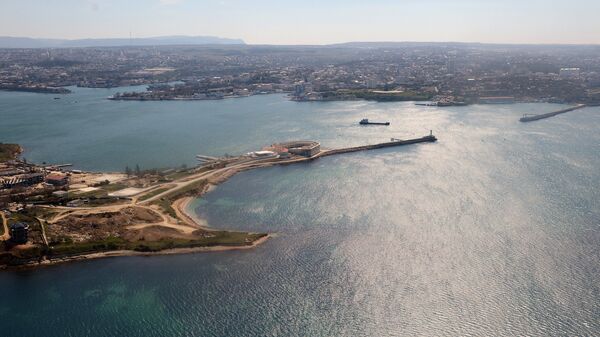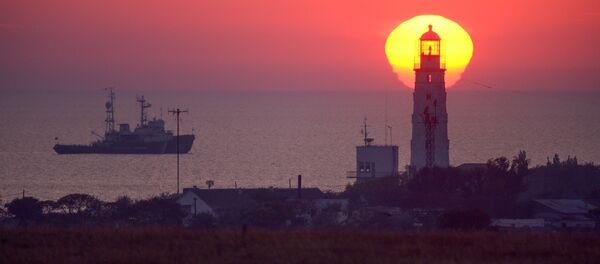According to him, entrepreneurs and politicians are subject to pressure from several German agencies.
"Some business representatives who traveled with us had to undergo various check-ups, while their bank accounts were closed. Students were told that this trip might mean the end of their student careers," Rempel said, adding that similar measures applied to hockey players who joined the delegation.
"Virtually everyone was forced to take part in some kind of a conversation and put under pressure in the area where they were vulnerable or dependent," Rempel said.
According to Rempel, he and his colleagues might also face some sort of punishment when returning home. However, this fact did not prevent them from visiting the peninsula.
"We have deliberately come here. We don't know what sanctions we will be subject to upon our arrival, but we want to help and ensure that our peoples and nations coexist peacefully and friendly," the politician concluded.
Several European delegations have already visited Crimea since its reunification with Russia. For instance, in early May, a delegation of five Italian senators was in Crimea for a three-day visit to discuss economic and cultural issues. During their stay in Crimea they visited the cities of Sevastopol, Yalta and Simferopol and held a number of meetings with local authorities.



